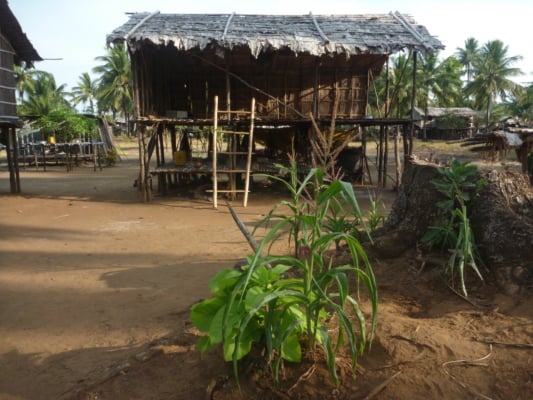Development aid donors are often faced with a dilemma when giving aid to non-democratic developmental states. Giving aid to governments that are committed to achieving development seems desirable, yet such assistance can also be seen as condoning or even supporting rights violations committed by non-democratic regimes.
This paper suggests a conceptual framework to help donors to address this dilemma in a normatively justified way. It suggests that there are three analytically distinct types of ‘donor’s dilemma’: complicity, double effect and dirty hands.
It seeks to show that a ‘thinking and working politically’ (TWP) approach to the donor’s dilemma does not have to be normatively silent; on the contrary, analysing and understanding political contexts and constraints is indispensable for normative evaluations of the dilemmas generated by development aid.
Download the two-page summary below, or see the full paper (PDF, 562 KB)











